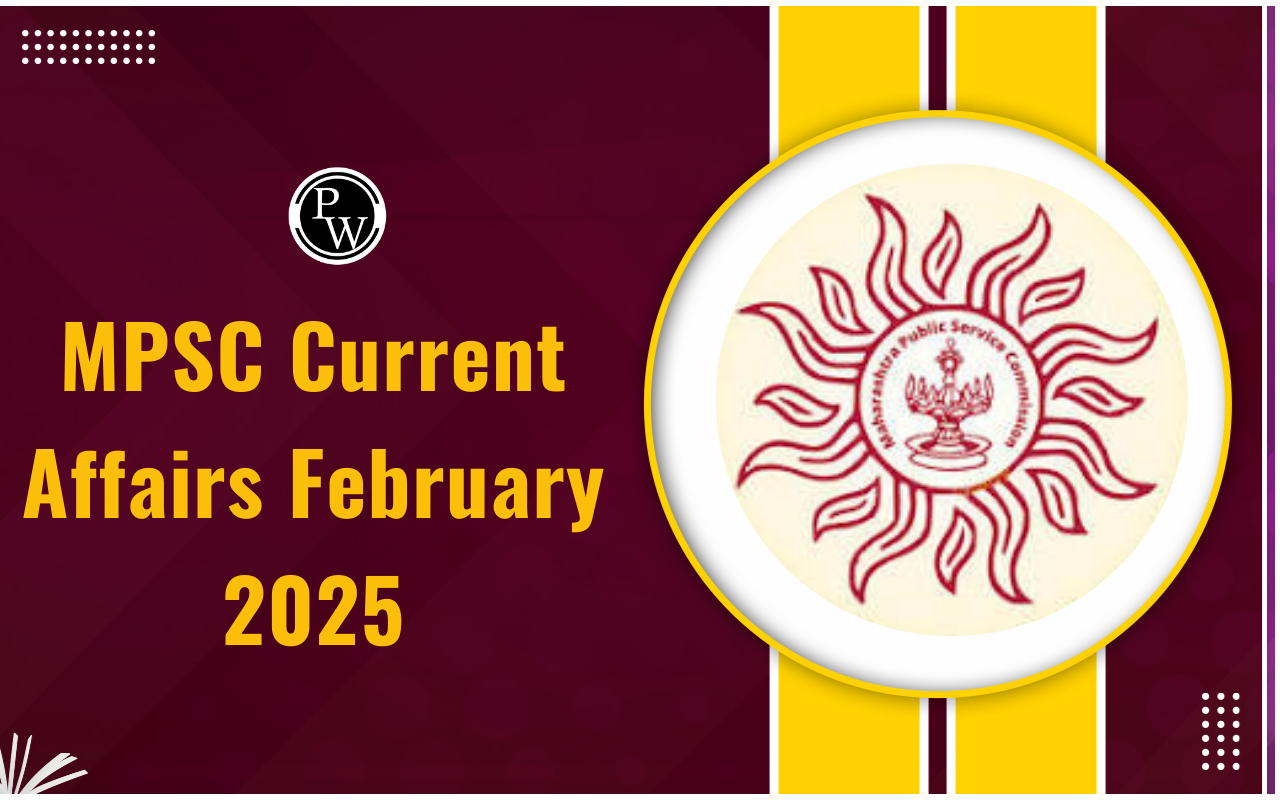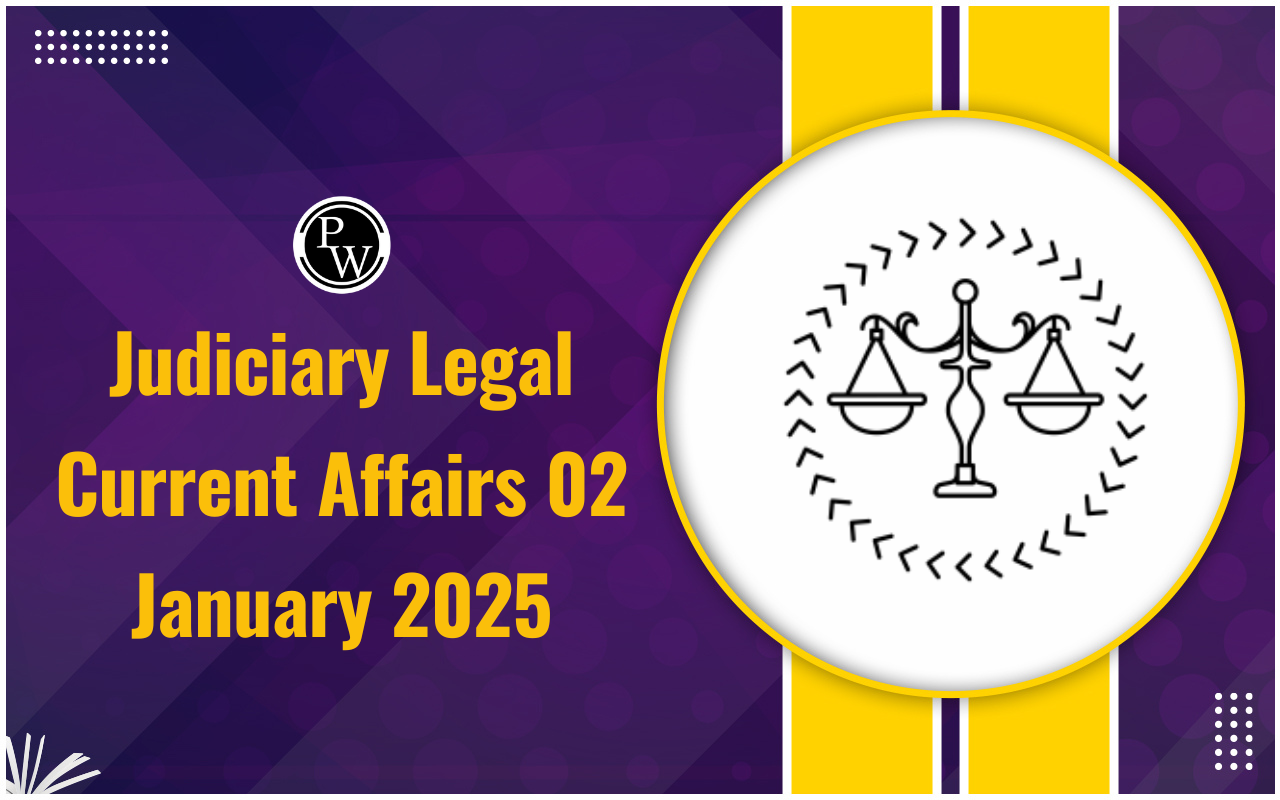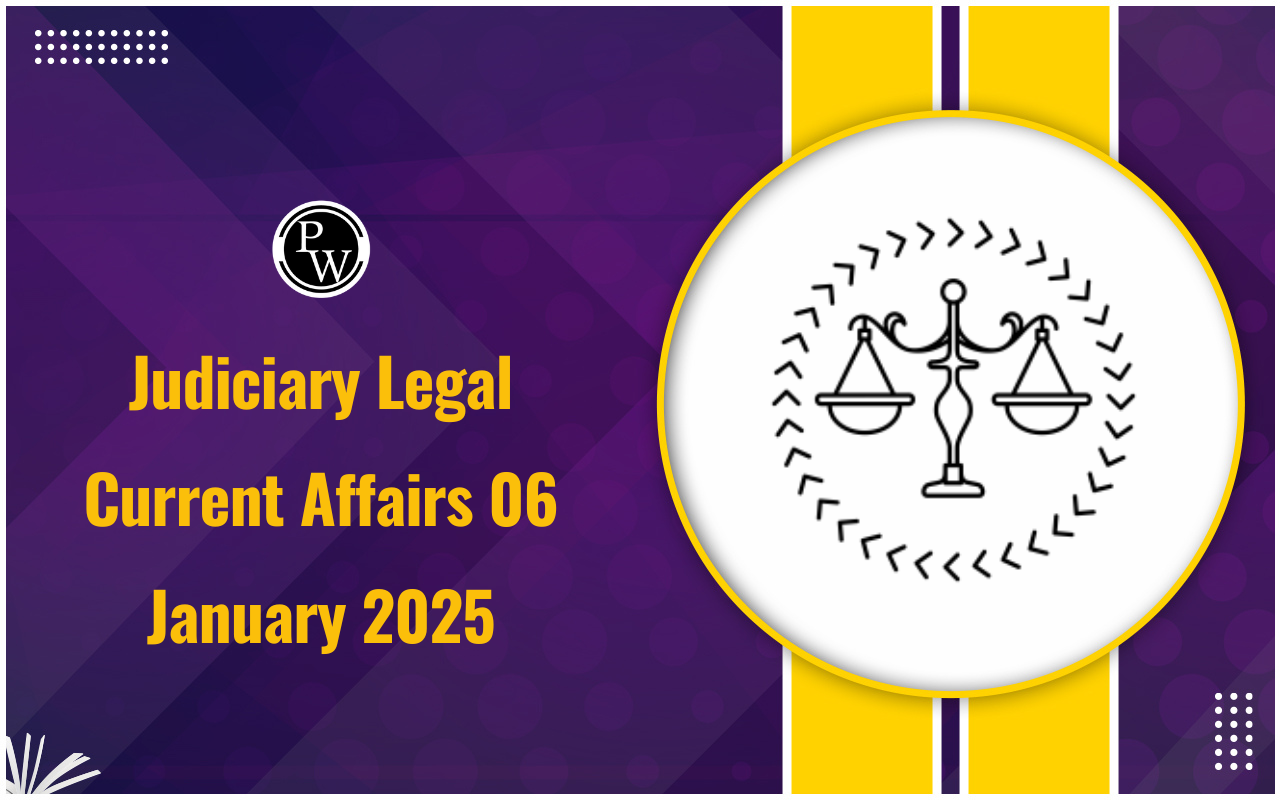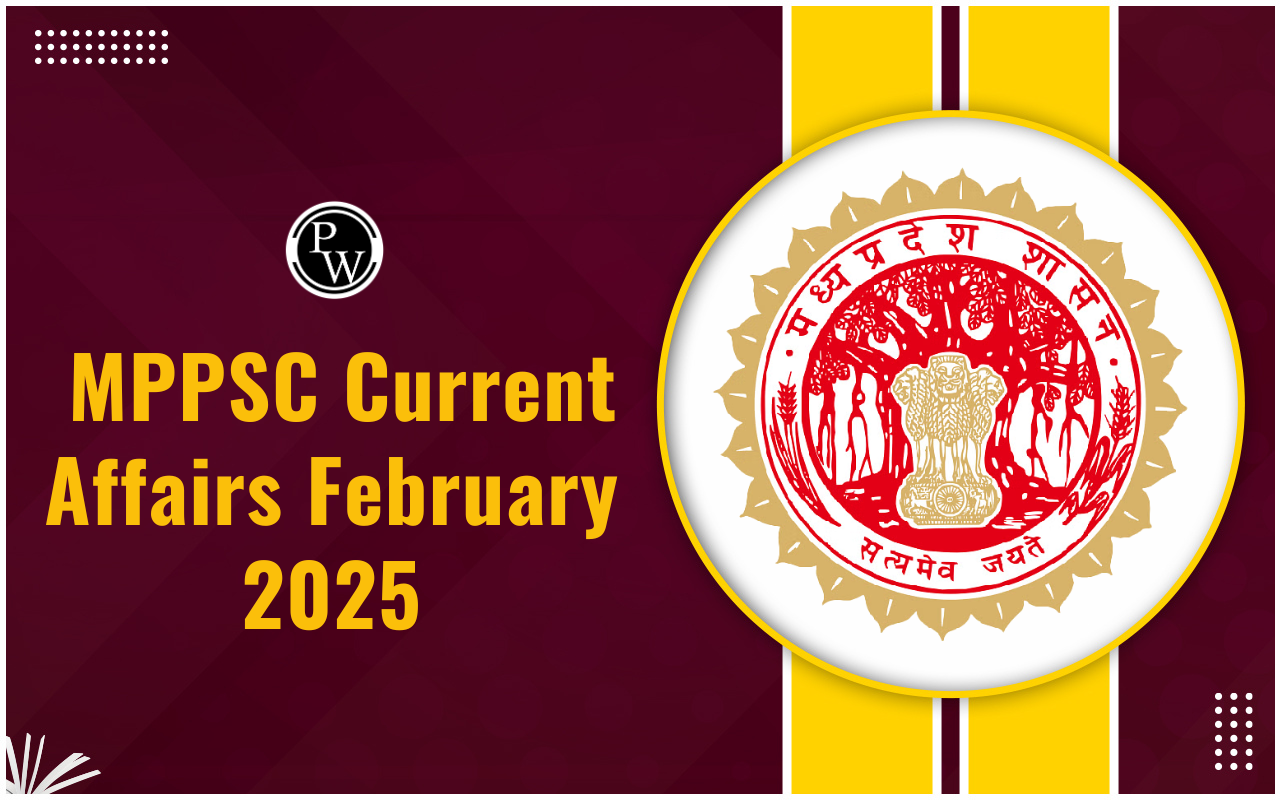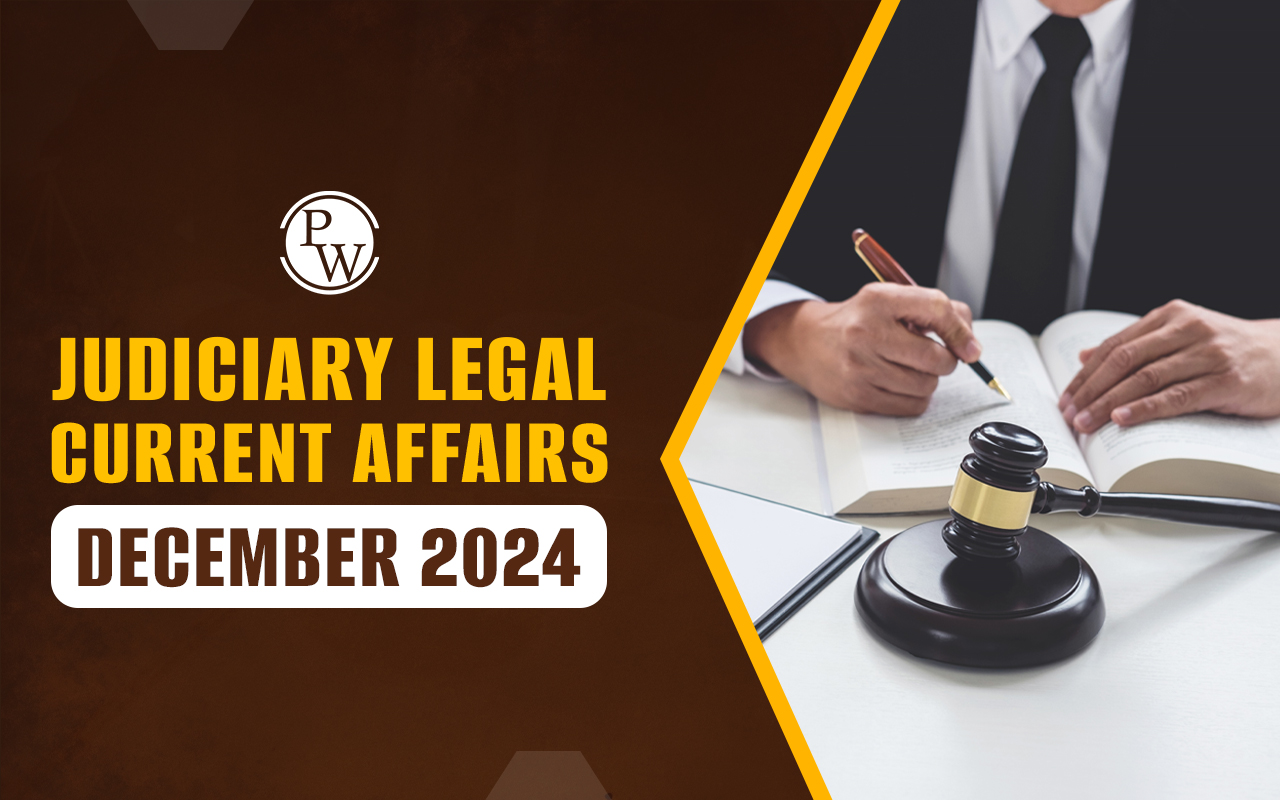
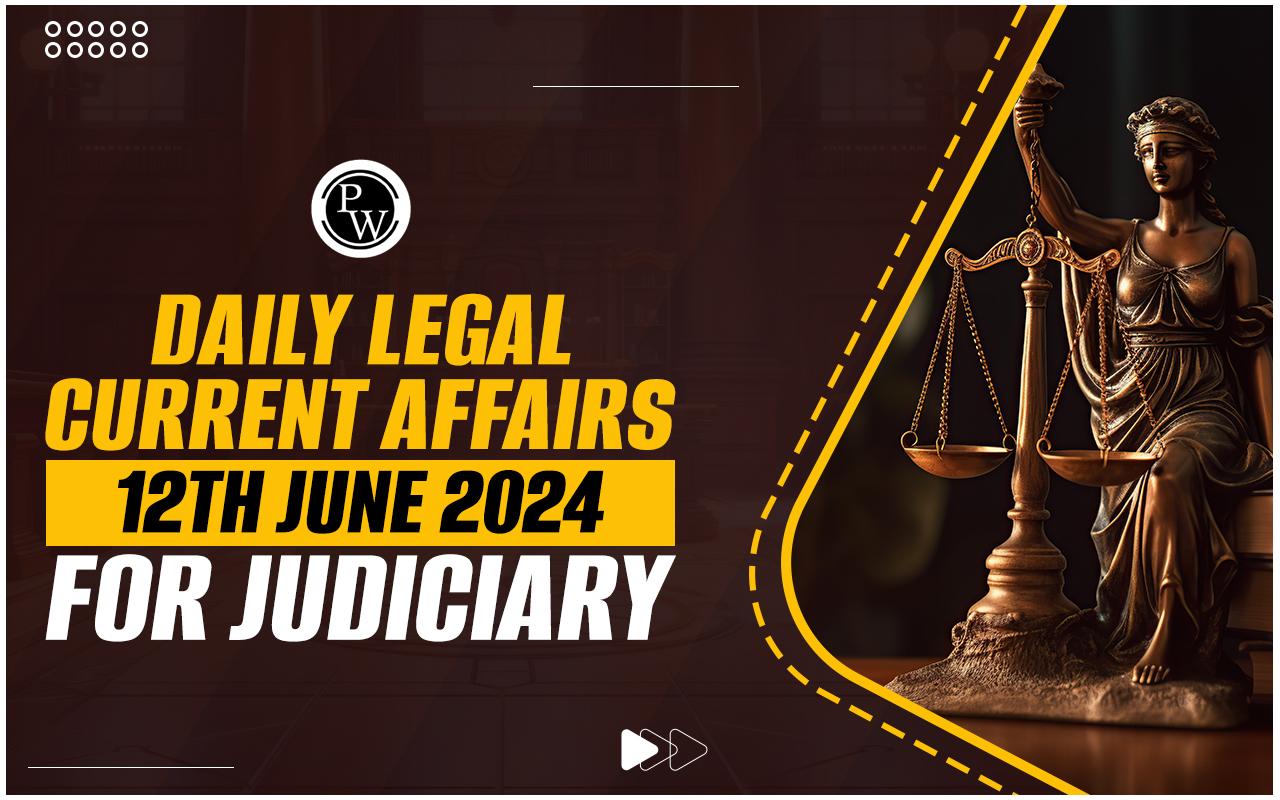
Riddhi Siddhi Infra Project Pvt. ltd. vs M/s Anil Industries and Ors
- BENCH : Justice Dinesh Mehta and Justice Rajendra Prakash Soni
- FORUM : Rajasthan High Court
- TOPIC : Courts should not issue broad injunctions under Section 9 if Dispute involves Monetary Claim.
-
FACTS
- The matter pertained to a dispute arising from an agreement signed between the Riddhi Siddhi Infraproject Private Limited (“Appellant”) and Anil Industries (“Respondent') to be resolved through arbitration as per clause 31 of the agreement.
- The Appellant appointed Satyanarayan Derashri as an arbitrator and initiated proceedings.
- However, due to the Respondent's lack of interest, proceedings and arbitration decisions pursuant to clause 31 were anticipated to take time.
- Therefore, the Appellant filed an application under Section 9 of the Arbitration and Conciliation Act, 1996 (“Arbitration Act”) for measures restraining the Respondent from alienating the property or constructing on disputed land.
- Subsequently, the Appellant filed an application under Section 11 of the Arbitration Act in the Rajasthan High Court (“High Court”) for the appointment of Mr. Derashri as the Arbitrator.
- During the pendency of the application, the Respondent contended that the interim order had a 90-day lifespan as per Section 9(2) .
- In response, the Appellant filed an application and sought further orders under Section 9 or an extension of the interim order.
- The Commercial Court rejected the Appellant's application and held that the Appellant failed to initiate arbitral proceedings within the statutory 90-day timeline, as the application under Section 11 was filed belatedly.
- Aggrieved, the Appellant approached the Rajasthan High Court (“High Court”).
- The High Court noted that Section 9(2) requires arbitral proceedings to commence within 90 days of the order. However, the High Court referred to Section 21 of the Arbitration Act.
- OBSERVATIONS
- The High Court held that filing an application under Section 11 for the appointment of an Arbitrator merely serves as a step toward securing such appointment and cannot be equated with the commencement of arbitral proceedings.
- The High Court noted that the Appellant initiated arbitral proceedings by issuing the notice of appointment of an Arbitrator on 12.07.2023 which was well within the stipulated time frame.
- Therefore, the Commercial Court's reliance on the failure to file the Section 11 application within 90 days was held flawed and contrary to the law.
- In addressing the blanket injunction ordered by the Commercial Court, the High Court held that the court must consider the nature and quantum of the dispute before issuing such sweeping orders.
- It held that where the claim amounts to a substantial monetary sum it is inappropriate to maintain a status quo on the entire disputed land, which could potentially prejudice various stakeholders.
- To remedy this imbalance, the High Court imposed a requirement on the Respondent to furnish a solvent surety of Rs. 10 Crores to the satisfaction of the Commercial Court within 15 days.
- This surety, which shall remain in force until either party files an application under Section 17 before the Arbitrator, is intended to balance the equities between the parties and prevent undue prejudice.
- Provisions Involved of the Arbitration and Conciliation Act, 1996
-
- Section 9 : Interim measures, etc., by Court.
- Section 11 : Appointment of arbitrators.
- Section 21 : Commencement of Arbitral Proceedings
XXXX vs XXX
- BENCH : Justice Sumeet Goel
- FORUM : Punjab and Haryana High Court
- TOPIC : Love Looks not with the eyes but with the mind.
-
FACTS
- The petition was filed by a man who was booked in 2009 under Sections 363-A , 366 of IPC upon filing of the complaint by the woman's father for allegedly enticing his daughter for marriage. The petitioner pleaded that he got married to the alleged victim in 2010 and out of wedlock three children have been born.
- OBSERVATIONS
-
-
- After hearing the submissions, the Court observed that "for a couple, who have been wedded happily for long and have children; it can be embarrassing, unsettling and even disconcerting to find being subjected to unabated withering over their matrimony."
-
- “The accused (husband) along with purported victim (daughter of complainant) as also their children, over questioning the raison d'etre of the wedlock, is seemingly a leaf out of Commedia Dell'Arte," the Court said. Adding that, the sheer distress caused to the young couple and their children on this account is unfathomable, the judge said, "A father's rancour cannot be permitted to remain extant ad infinitum ad nauseam (to infinity, to sickening degree)."
- Justice Goel highlighted that "to have the accused (now husband to the victim as also now father to the children born from wedlock), the purported victim (daughter to the complainant, now wife to the accused and now mother to the children born from wedlock) as also children; brought forth to Court, repeatedly, to question and scrutinise the wedlock, of which the said children are born of, would be outrightly farcical & patently ludicrous."
- The Court said it would be injustice "especially to the children if the accused and his wife (purported victim) are left to such an inveterate belligerence." The Court summarised the following principles:
- Where the impugned FIR pertains to allegation of offences under Sections 363-A/366 of IPC & it emerges that the accused and the victim have married each other and are living happily, the High Court ought to consider, with a high degree of latitude, such plea for quashing such an FIR (as also proceedings arising therefrom). Such a plea would be fortified in case the child has been born from the wedlock.
- The factum of the victim being minor at the time of the alleged offence shall not ipso facto call for rejection of such a plea on this score itself. Even in such cases, the High Court is well within its jurisdiction to evaluate the entirety of facts including the factum of the victim having attained the age of majority and still staying in the matrimony, the said couple having been blessed with child etc.
- There is no gainsaying that the above postulates are not to be universally/sweepingly applied, for every case has its unique facts/circumstances.
- In light of the above, the Court found it fit to exercise its inherent jurisdiction under Section 482 CrPC to quash the FIR.
- Provisions Involved
- Section 363 of IPC : Punishment for Kidnapping
- Section 482 of Crpc: Saving of inherent power of High Court.
Sumit Kumar Alias Sumit Kumar Gupta And Others vs State Of U.P. Thru. Prin. Secy. Home Dept. Lko. And Another
- BENCH : Justice Subhash Vidyarthi
- FORUM : Allahabad High Court
- TOPIC : Orders Appealable under Section 14 of SC/ST Act Can't be challenged by filing a plea under Section 482 of CrPC.
- OBSERVATIONS
- The Allahabad High Court has reiterated that in cases where an appeal against an order would lie under Section 14A of the SC/ST (Prevention of Atrocities) Act, 1989, the aggrieved person cannot invoke the inherent jurisdiction of the High Court under Section 482 CrPC to challenge that order.
- Perusing the mandate of Section 14-A of the Act , a bench of Justice Subhash Vidyarthi observed that the provision starts with the words “Notwithstanding anything contained in the Criminal Procedure Code, 1973 (2 of 1974)” and that in In Re : Provision of Section 14 (a) of SC/ST (Prevention of Atrocities) Amendment Act , another full bench of the HC has held that “while the constitutional and inherent powers of this Court are not “ousted” by Section 14 A , they cannot be invoked in cases and situations where an appeal would lie under Section 14 A ”. The bench made these observations while dismissing an application filed under Section 482 CrPC challenging the entire proceedings, chargesheet and issuance of a non-bailable offence in connection with a case against the applicant registered under Sections 323, 504, 506, 241 IPC & Sections 3 (1)(Da)(Dha) of Scheduled Caste and Scheduled Tribe Act pending in the court of Special Judge SC/ST Act, Gonda.
- When the matter came up for hearing, the AGA-I raised a preliminary objection that the applicant has a statutory remedy of filing an appeal under Section 14-A of the SC - Act and, therefore, the application under Section 482 CrPC should not be entertained.
- The question of effect of Section 14-A of the S.C./S.T. Act on entertainability of a petition under Section 482 Cr.P.C. was neither raised nor decided in B. Venkateswaran v. P. Bakthavatchalam and, therefore, those decisions are not relevant for deciding this question.
- Those decisions would not affect the binding values of the Full Bench decisions in In Re : Provision of Section 14 (a) of SC/ST (Prevention of Atrocities) Amendment Act and Ghulam Rasool Khan v. State of UP ,” the Court held as it dismissed the petition.
- The Court, however, left it open to the applicant to avail the statutory remedy under Section 14-A of SC-ST Act .
Also Check: Daily Legal Current Affairs 11 June 2024 For Judiciary Exam
- Provisions Involved
- Section 323 IPC - Punishment for voluntarily causing hurt
- Section 506 IPC - Punishment for criminal intimidation. If threat be to cause death or grievous hurt, etc
-
- Section 504 IPC - Intentional insult with intent to provoke breach of peace
- Section 14 A - Appeals
Santhosh Shetty & Others vs State of Karnataka & ANR
- BENCH: Justice M Nagaprasanna
- FORUM : Karnataka High Court
- TOPIC : 'No false Promise of Marriage' Karnataka High Court quashes Rape case
- FACTS
- The complainant contended that the date of marriage was fixed, invitation cards were also printed. After seven months, the family members of the 1st petitioner call off the marriage. The impact upon the complainant, and the family, is so huge that it would amount to cheating. Therefore, it is a clear case where the petitioners have lured the family of the complainant and the complainant into marriage and have cheated, breaking the engagement, it was submitted.
- It was further argued that on the day of engagement, noticing that no one was in the house of the complainant, the 1st petitioner has indulged in the act of sexual assault upon the complainant, that too on the promise of marriage. Therefore, it was submitted that it is a clear case where all the offences are met and the petition should be dismissed.
- OBSERVATION
- The bench on going through the complaint and the chargesheet noted that it is an admitted fact that the 1st petitioner travelled from Kundapur to Mumbai and Mumbai to Miami on 12-01-2023, and seven months passed by with steady communication between the two, including WhatsApp chats.
- Nowhere in any WhatsApp chat even a line of narration is made by the complainant about the 1st petitioner or the complainant indulging in sexual intercourse on 11-01-2023, on the day of the betrothal ceremony at 6.00 p.m, the Court Then it said “In the case at hand, as observed hereinabove, there was no false promise of marriage. The intention was to get married as the betrothal ceremony takes place. Therefore, it cannot be brought under the ambit of false promise of marriage.”
- Further it said “The 1st petitioner also did not perform the alleged act on false promise of marriage, it is allegedly performed on the date of the betrothal ceremony. Therefore, it cannot be construed to be a false promise of marriage. It at best could be a breach of promise of marriage, which would not become an offence under Section 376 of the IPC .” The court also refused to accept the contention that consent of the complainant was taken out of deceit.
- Court noted that the marriage broke not on any act of the members of the 1st petitioner's family or the complainant's family, but for manifold reasons, as averred in the petition. It is not a case where the family of the 1st petitioner or the 1st petitioner had lured the complainant or her family members to get into the marriage. It was an agreement between both the families to perform the marriage of the 1st petitioner with the complainant, the Court held.
- “Merely because the engagement breaks, at a later date cannot amount to the offence of cheating against the 1st petitioner or his family members. Therefore, there is no warrant to permit the trial to continue any further, as permitting it would on the face of it, become an abuse of the process of law, resulting in patent injustice,” it concluded. Accordingly, it allowed the petition.
-
Provisions Involved
- Section 376 of IPC - Punishment for Rape
Ghulam Mohammad vs State of Rajasthan
- BENCH : Justice Anoop Kumar Dhand
- FORUM : Rajasthan High court
- TOPIC : Crpc doesn't permit keeping rape complaint pending for pre investigation
- OBSERVATIONS
- The Rajasthan High Court has frowned upon the conduct of the Investigation Officer in a rape case for keeping the complaint pending for about a week, under the pretext of conducting a "pre-investigation", before filing the FIR.
- A bench of Justice Anoop Kumar Dhand said there is no such provision in the CrPC or principal in criminal jurisprudence to keep any report of offence of rape or any offence pending for pre-investigation for considerable time.
- The bench was also appalled to discover that the statement of the prosecutrix was recorded before filing the FIR. "Recording of police statement (Ex.P2) of PW-1 'R' by the Investigating Officer (I.O.), Vishambhar Dayal (PW-3) on 01.07.1990 i.e. prior to lodging of FIR (Ex.P.1) is quite surprising because the motion of law came into picture on 02.07.1990 when the FIR was registered under Section 154 CrPC ."
- It went on to note that the IO had not even prepared a site plan of the places where the incidents of rape were allegedly committed with the prosecutrix. "Even in a serious case of rape where the incident has occurred at two-three different place of occurrence and the Investigating Officer has neither prepared the site plan of all the places of occurrence nor taken the prosecutrix'S' (PW-2) and the informant/complainant 'R' (PW-1) to the 'scene of offence' where the occurrences of rape have taken place.
- When this Investigating Officer was put to cross-examination about his such inaction, he answered that “he did not deem it just and proper to prepare the site plan and take the prosecutrix at the scene of offence”. Such kind of action of I.O. amounts to misuse of power." Court has now asked the DGP to intervene in the matter and cause an enquiry into the conduct of the Investigating Officers and initiate appropriate action against all the erring officials.
- The Court was dealing with an appeal filed by a father who was convicted by the trial court for the offence of raping his step-daughter on multiple occasions. On analysing the case, the Court concluded that the entire prosecution case was resting solely on the testimony of the prosecutrix. However, it was observed that her testimony was not inspiring confidence
- “Delay of more than two years in lodging of FIR, not narrating of repeated incidents of rape by the prosecutrix 'S' (PW-2) to her mother 'R' (PW-1) or anyone for two years, no marks of injury or violence on the private and external parts of the body of the prosecutrix, absence of evidence of recent sexual intercourse in absence of FSL chemical report, non-preparation of site plans of the places of occurrence and not supporting the case of prosecution by the mother of the prosecutrix create serious doubts on the entire prosecution story.”
- The Court highlighted that it is a settled law that in rape cases, accused can be convicted solely on the basis of testimony of the prosecutrix. However, only if the testimony appeared to be absolutely trustworthy, unblemished and of sterling quality.
- To elaborate the concept of 'sterling witness', the Court referred to certain Supreme Court cases. In Rai Sandeep v. State (NCT of Delhi) , the concept of 'sterling witness' was enumerated in the following manner:
- “The “sterling witness” should be of a very high quality and calibre whose version should, therefore, be unassailable. The court considering the version of such a witness should be in a position to accept it for its face value without any hesitation. What would be more relevant would be the consistency of the statement right from the starting point till the end, namely at the time when the witness makes the initial statement and ultimately before the court.
- There should not be any prevarication in the version of such a witnessand under no circumstance should give room for any doubt as to the factum of the occurrence, the persons involved, as well as the sequence of it. Such a version should have correlation with each and every one of the other supporting materials.”
- Accordingly, the conviction was set aside.
-
- Provisions Involved
- Section 154 of CrPC - Information in cognizable cases
Daily Legal Current Affairs Practice Question 12 June 2024 For Judiciary Exam
Q1) In which of the following cases the Supreme Court held that the evidence of an eye-witness should be of very sterling quality and caliber and it should not only instill confidence in the court to accept the same but it should also be a version of such nature that can be accepted at its face value.
- Rai sandeep alias Deepu v. State of NCT of Delhi
- Karunanidhi v. Union of India
- Ram Prasad v. State of UP
- None of the above
Q2) Punishment for rape is given under __________ of the IPC.
- Section 375
- Section 376
- Section 377
- None of the above
Q3) FIR can be filed under which Section of Cr.P.C.
(a) Section 151 (b) Section 154 (c) Section 155 (d) Section 54 Ans. (b)Q4) Provisions relating to bail to require the accused to appeal before the next appellate court has been mentioned under which section of the Code of Criminal Procedure, 1973?
(a) Section 436 (b) Section 436A (c) Section 437A (d) Section 438 Ans. (c)Q5) Under Section 482 Cr.P.C, the High Court exercises —
(a) Inherent powers (b) Appellate powers (c) Revisional powers (d) Review powers Ans. (a)Q6) Which section of Scheduled caste and scheduled tribe act,provides the exclusive remedy for filing appeals, overriding the provisions of appeal under the Code of Criminal Procedure.
- Section 13
- Section 13A
- Section 14
- Section 14A
Q7) Punishment for voluntarily causing grievous hurt is provided in the IPC under:
(a) Section 325 IPC (b) Section 323 IPC (c) Section 324 IPC (d) Section 326 IPC Ans. (b)Judiciary Exam Current Affairs FAQs
How many months of current affairs is required for a Judiciary Exam?
Where can I study current affairs for the Judiciary?
How can I prepare for Judiciary current affairs?




